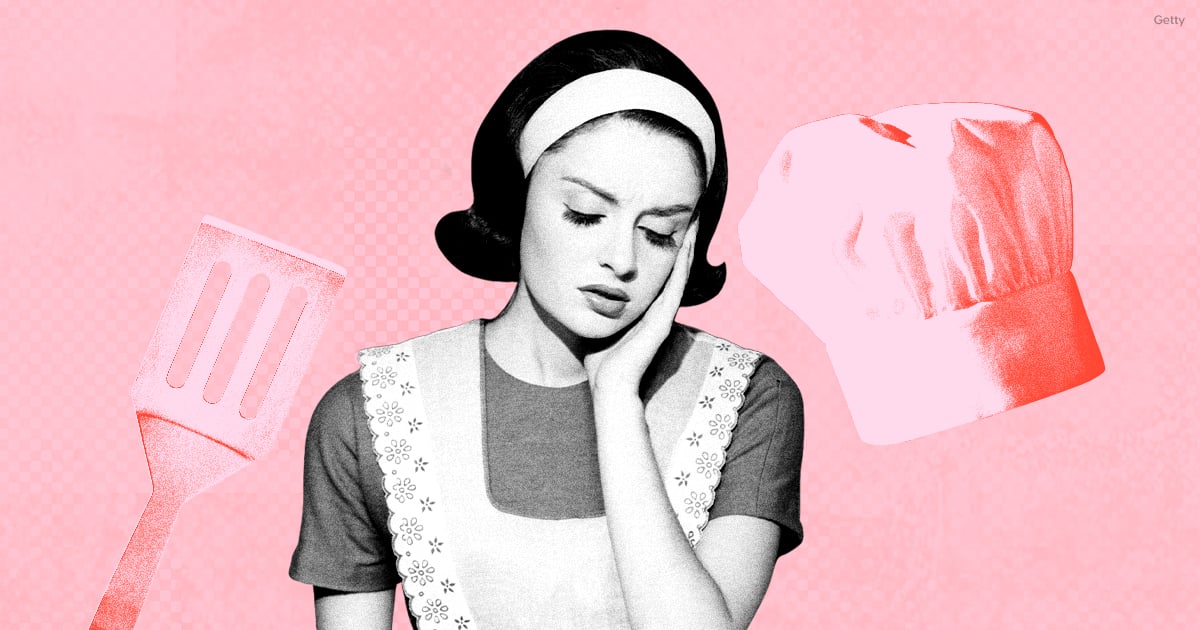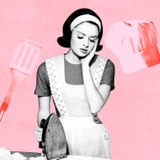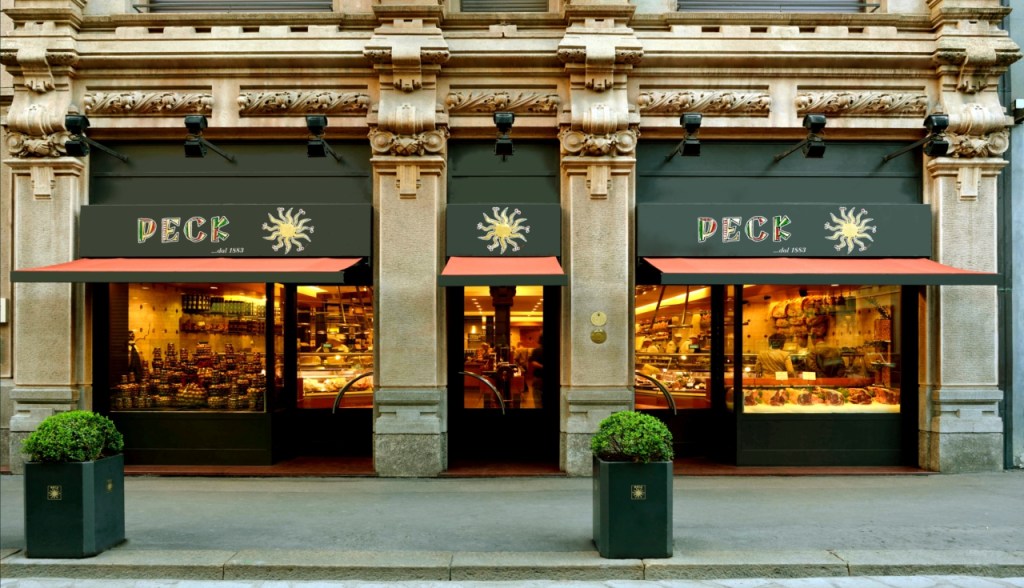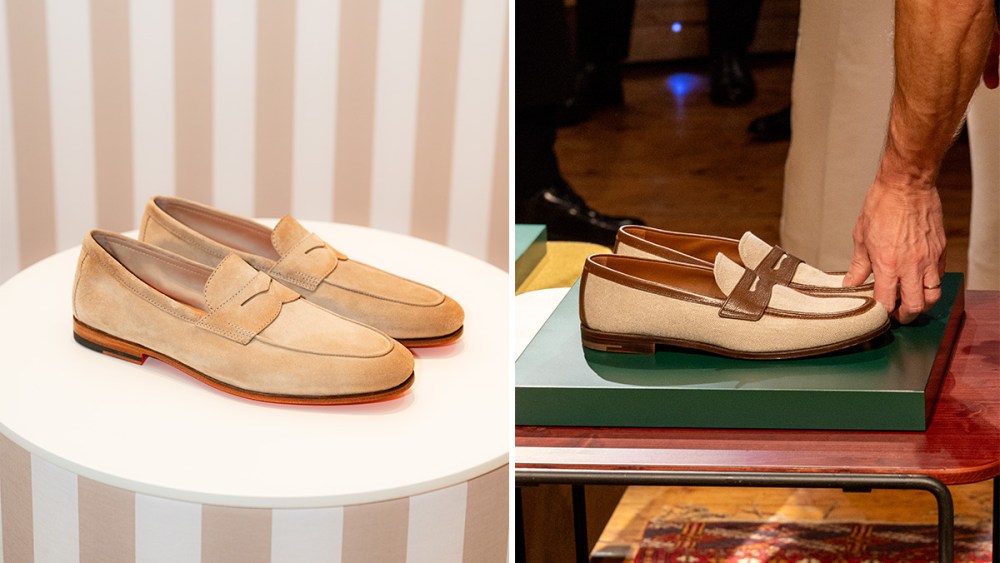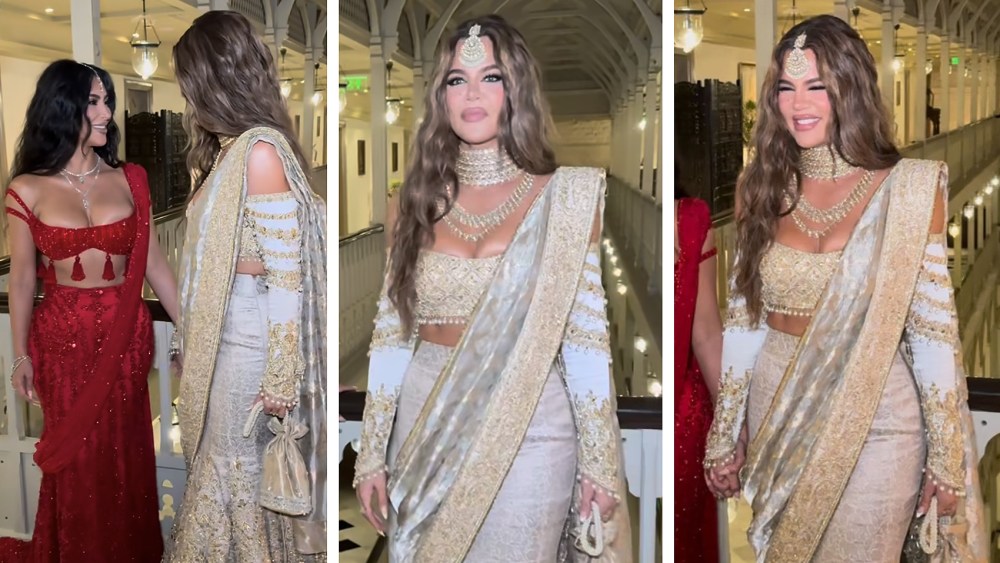Filet mignon with a root vegetable mélange and a butter-shallot sauce. That’s the meal my dad made my mom on their first official date. My brother and I have heard the story a million times: Dad invited mom over to his tiny college apartment where he prepared an elegant feast in his dinky kitchen. Mom, who doesn’t fancy herself a cook, was a little overwhelmed by the gesture and said no to a second date. A few years later they were married.
Fast forward to 2021. One of the first meals Matt Remoroza remembers cooking for his girlfriend was an elaborate array of kimbap. The couple now lives in Queens, NY, but back then his girlfriend still had a year left at their alma mater in Macon, GA. He’d just graduated, and for his campus visits he got in the habit of preparing meals like those rice rolls for the two of them to share.
When the Instagram algorithm graced my feed with Remoroza’s popular cooking videos a year ago, I devoured his series documenting the process of making lunches for his girlfriend, whose hybrid work schedule puts her in an office a few times per week. Each meal – whether it’s a scoop of butter chicken and a side of strawberries or veggie-packed pasta salad with a square of homemade millionaire’s shortbread – is nutritionally balanced, thoughtfully curated, and packed with adoration. (Literally packed: he wraps each lunch and slips an adorable doodle on top.) But even for me – a girl whose dad did all the cooking at home – the gender dynamic on my screen was a bit of a surprise.
Experts Featured in This Article
Ty David Lerman, PhD, is a clinical sexologist and psychotherapist.
It’s certainly not that I’m unused to seeing media representation of men who cook. A majority of the world’s most celebrated, respected, recognizable, and studied chefs are men. From Carmy Berzatto in “The Bear” to Anthony Bourdain, cheffing men are routinely fetishized – mostly only in that hypermasculine, order-barking, chain-smoking kind of way.
Trending tradwives, meanwhile, have rebranded the housewife for the 21st century, in what some people worry is a backlash against the gains of the women’s liberation movement. Reels of young wives serving their husbands scratch-made cinnamon rolls and hand-pulled mozzarella have tied an apron tight around a specific corner of the internet, where girls and women – and, as one study shows, men on the far right – romanticize the new-old, stay-at-home movement for the social media generation.
Men should (and do) cook for their loved ones all the time. But we live in a culture and media landscape that rarely shows us what that looks like. In this country and many parts of the world, home cooking is a traditionally feminine responsibility, work that’s essential but deemed degrading and unsophisticated. But a professional chef? Now that requires seriousness, even genius – traits we associate mostly with men. Regardless of how far we’ve come since the 1950s, and how many talented women chefs have risen in the professional food ranks, the stubborn message persists: women are cooks, men are chefs.
But the same social media that gave us tradwives can also give us (drum-roll please!) boyfriend chefs. Like Remoroza, more men in straight relationships are making content about their domestic cooking adventures. Chuck Cruz and his partner Hailee Catalano both received professional culinary training in Chicago, but a lot of the content they share now is what they cook for one another at home. William Seng, known to his millions of followers as “Instagram’s boyfriend,” has frequently shared videos about cooking for his (real-life) girlfriend.
Clinical sexologist and sex therapist Ty David Lerman, PhD, attributes this shift to an oft-overlooked tenet of feminism – the one that champions self-determination regardless of your gender. “The women’s movement is about empowerment to choose whatever we want,” he says. “If a woman chooses to be a tradwife, that’s a choice. That’s still feminism. Feminism would also say it’s a man’s choice how he wants to show up and live his life, whether he’s the breadwinner, the housekeeper, or the stay-at-home dad.”
While home-cooking has become a career for Remoroza, food remains an intimate show of his “appreciation and love” for Cathy, his girlfriend. “I enjoy cooking, so it’s a natural way to express that I’m paying attention and aware of what her preferences are without having to ask them all the time,” he tells PS. “It’s just a nice thing to do.”
Plenty of the comments on his girlfriend lunch posts are supportive, heaping him with praise and “green flag” status. But once, when one of these videos went viral on Twitter, suddenly dozens of strangers had opinions about his masculinity, or lack thereof. “That’s sort of par for the course when you’re creating content on the internet for people to watch – traditionally feminine interests or hobbies practiced by men are ridiculed,” he reflects. “Admittedly it did sting a little.”
Remoroza entertained the criticism only briefly, then immediately went back to just being himself. “Maybe on a very small subconscious level my voice is half a note deeper, but I haven’t consciously made a decision to be more manly in my videos,” he laughs. “Their opinion shouldn’t affect my own image.”
Conventional masculinity leaves little room for vulnerability, and it can be quite vulnerable to cook for someone, especially someone you love. Anytime you try something new, or pour hours into perfecting a dish, it’s a trust fall – an offering you hope will be received lovingly, graciously, and hungrily.
Watching Remoroza’s videos, there’s an obvious finesse and attention to detail. He takes the practical, mundane act of feeding a loved one and elevates it to an art, something household matriarchs have been doing quietly and at Julia Child–level decibels for millennia. In my kitchen growing up, my dad was the same, applying the techniques he studied at the French Culinary Institute to our family’s nightly dinners rather than the plates of strangers at some Michelin-starred restaurant.
When I was five, my favorite book was about a girl who loved strawberry tea and chocolate tarts. For my birthday that year, my dad made chocolate tarts for all my friends. On my eighth birthday, I wanted to be a famous singer, so he made a chocolate cake in the shape of a guitar. My earliest life memories are taking toddler-sized bites of “special salmon,” my dad’s recipe that calls for lots of Dijon and dill. And occasionally, like for my parents’ wedding anniversary, my dad will riff on that same dish from their date more than 40 years ago: a filet, medium-rare, smothered in a rich brown sauce, glistening and swirled with affection.
Emma Glassman-Hughes is the associate editor at PS Balance. Before joining PS, her freelance and staff reporting roles spanned the lifestyle spectrum; she covered arts and culture for The Boston Globe, sex and relationships for Cosmopolitan, travel for Here Magazine, and food, climate, and agriculture for Ambrook Research.
